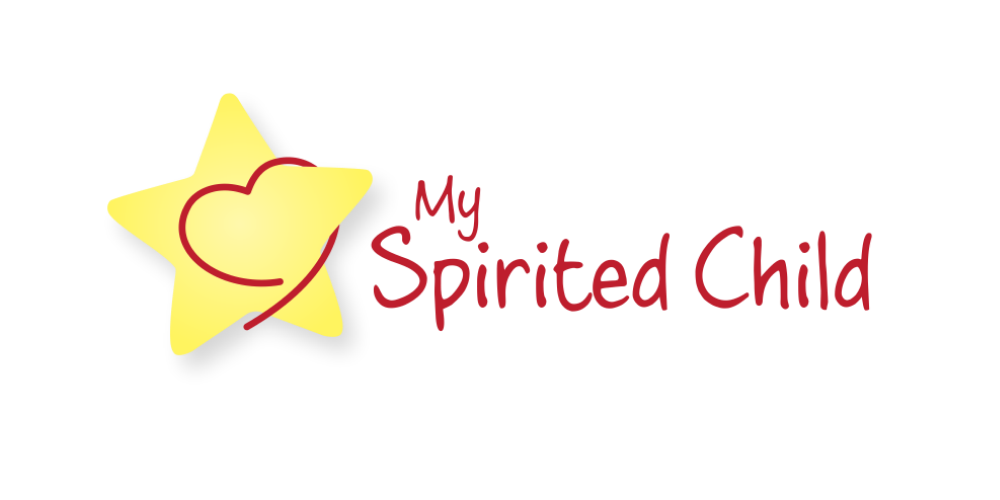Dyslexia affects around 20% of people.
So what is Dyslexia?
What is this disorder we’ve all heard of that affects up to 1 in 5 of us?
As with many special needs, it is un-diagnosed in many of the people who have it.
As you might know, I have Dyslexia myself.
I have a very specific type of Dyslexia, where my spelling and grammar are actually not too bad. And I can read words quite easily. But I struggle to put the words in a sentence together. So instead of reading a sentence to explain a story, I just read word, word, word, word.
This means that it takes me a very long time to read a book. In fact I now tend to listen to audio books instead.
Note: If you, like me, would prefer to listen to audio books, or your child would find it easier to learn through audio books, I would highly recommend downloading audio books through Audible. I use Audible and since I started using it I’ve started reading (listening) to books every day in the car. And it’s fantastic, I only wish I’d discovered it sooner.
Click here to sign up to Audible or to find out more.
I think the reason Dyslexia gets missed in so many people is because it’s not universally understood. Like with so many special needs and learning difficulties, there are a lot of misunderstandings about it.
My own Dyslexia wasn’t diagnosed until I was at University when I was 30 years old. As my spelling, grammar and reading individual words was ok, it never occurred to me that I could be Dyslexic.
The following short video gives a really good explanation of Dyslexia. and how a person with Dyslexia processes language.
Most people think of Dyslexia as a problem ‘seeing’ language. That the problem lies with ‘seeing’ words or letters back to front or jumbled up.
In fact, a person with Dyslexia doesn’t see differently. The problem does not lie in the eyes. The problem lies within the processing of that information in the brain.
Dyslexia runs across a spectrum. It can be very mild or very severe and affects people in many different ways. As I said I have a very specific type of Dyslexia. Yet a friend of mine has a much more severe type of Dyslexia and struggles greatly with reading, spelling and grammar.
What is certainly notable is that having Dyslexia is in no way a barrier to success. With passion and hard work a person with Dyslexia can be highly successful and achieve great things.
My friend is a perfect example of this. I met her at University on a Law degree. I’m pleased to say that both of us passed our Law degree with pretty high marks and my friend, in spite of having severe Dyslexia, achieved a 2:1.
Don’t get me wrong, it wasn’t easy for her. But she worked her absolute butt off and achieved her goal.
Please take 5 minutes to watch it as it really is helpful. And if you are unsure if you, your child or someone you know has Dyslexia, this video will help your understanding.
 Overcoming Dyslexia: A New and Complete Science-Based Program for Reading Problems at Any Level
Overcoming Dyslexia: A New and Complete Science-Based Program for Reading Problems at Any Level By Sally Shaywitz M.D
This is a great book packed full of advice and tips to aid parents and teachers to be able to help their children and provide the best support techniques.



